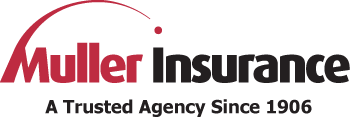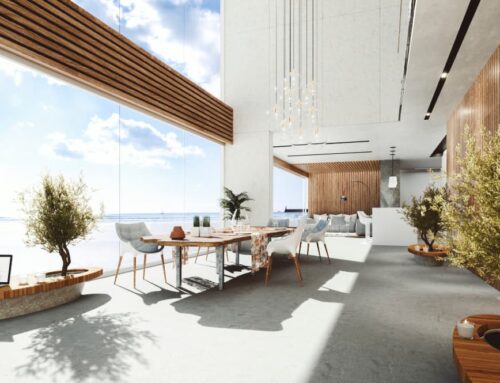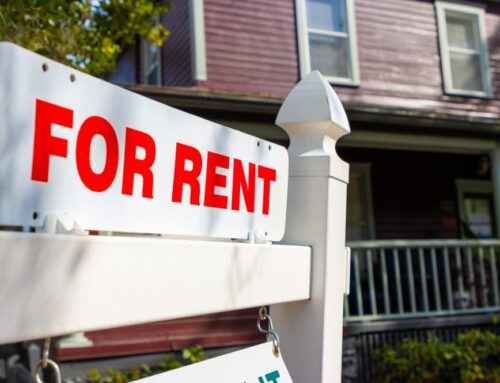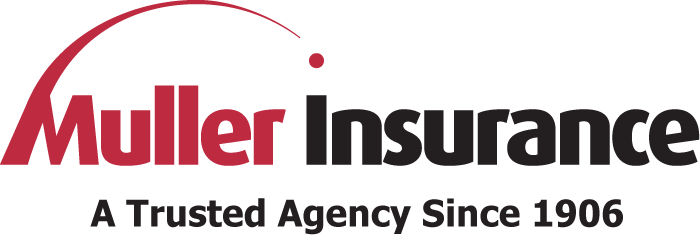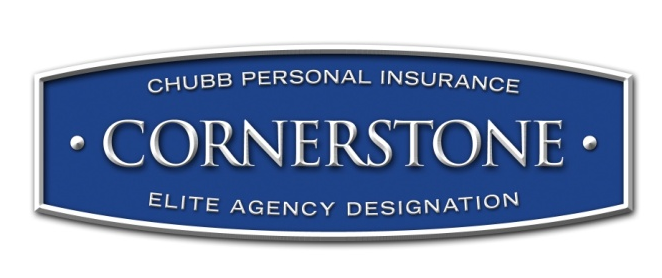The Difference between Business and Residential Coverage in a Mixed-Use Policy
Mixed-use buildings are gaining in popularity. A retail store or restaurant on bottom floors and housing above allow a landlord to attract both commercial and residential income. Insuring this kind of building can be complex, however. The business portion has completely different needs than the residential side. So how do you keep them straight? Muller Insurance explains mixed-use insurance here.
Assessing the Risks
Understanding the differences in insurance needs between commercial and residential properties comes down to assessing the different risks in each. Among other considerations, the most important questions landlords should ask include:
- How many people are visiting the property, and how frequently? Will there be large crowds?
- Will there be expensive equipment that needs insuring on top of the building itself?
- Will a business owner’s equipment put your building at risk for fire, flooding, etc.?
- How many workers have you hired to help maintain your property?
By understanding the risks inherent in each part of your property, you’ll be better equipped to make good insurance decisions for your mixed-use building.
Differences in Liability Coverage
Most mixed-use buildings need some amount of liability coverage. In short, when a visitor to a building is injured or their property is damaged, liability insurance will cover the cost of any resulting lawsuits. Residential buildings also need liability coverage – after all, somebody could trip on the stairs or have a similar accident in one of the building’s common areas.
Business buildings, however, are much more at risk. Restaurants and shops, for instance, take in a large number of customers every day, and these sheer quantities of people can compound the risk of injury.
Considering Risk of Damages
Residential and retail buildings face different damage risks as well. Residential buildings can be damaged by a variety of things, like storms, fires, sewer backwash, vandalism, theft, and more. If something like this happens, you’ll need coverage to pay for the cost of repairs, as well as business income insurance, to cover any lost income while damaged apartments can’t take tenants.
Business properties face the same risks as residential ones. As with liability, however, the larger number of visitors can mean that business properties are at greater risk for physical damages. Restaurants also come with an increased risk of fire or sewer backup from busy kitchens. In your mixed-use policy, your Muller Insurance agent will ensure you have coverage for anything that could go wrong.
Insure Mixed-Use Buildings with Muller Insurance
Mixed-use buildings are complicated to insure, but luckily, you don’t need to do it alone. If your building is in New Jersey, New York, Connecticut, Pennsylvania, or the other states we’re licensed in, turn to Muller Insurance. We’ll offer you close personal attention and go the extra mile in understanding your building and its needs so we can offer meaningful advice and customize your policies. To learn more about mixed-use insurance, contact us today.
